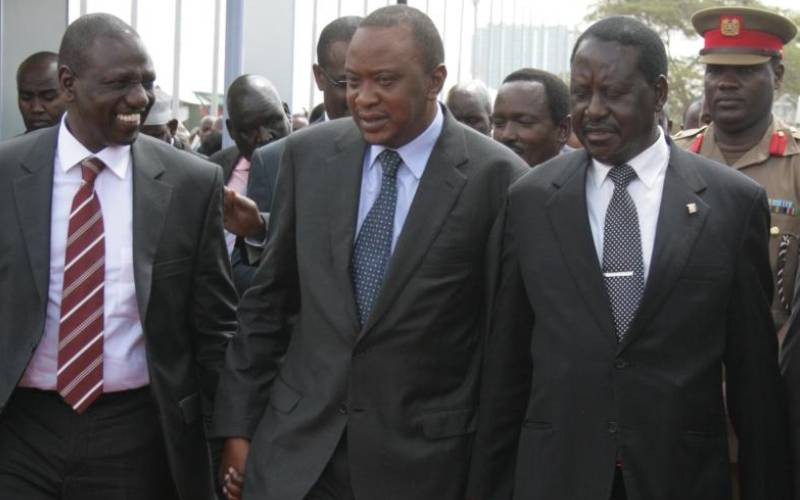×
The Standard e-Paper
Join Thousands Daily

According to French philosopher and political activist Jean-Paul Sartre, politics is a science in which "you can demonstrate that you are right and that others are wrong".
As I write this op-ed article, the Finance Bill, 2023 has sailed through second reading. Unfortunately, this bill might be the political bane of President William Ruto and his Kenya Kwanza regime - I could be wrong.